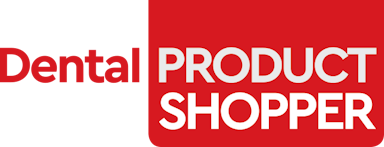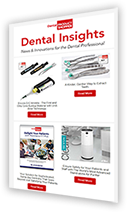The 2010 national data on periodontal disease prevalence in American adults indicated that 50%, or one out of every 2 adults aged 30 years and older had some form of the disease. In adults aged 65+ years, more than 70% had periodontal disease. Men exhibited symptoms more often than women, and the condition was more common in groups that lived below the federal poverty level, had less than a high school education, and in those who smoked. That means that more than 64 million American adults has mild, moderate, or severe periodontitis. Those are staggering statistics. And it would be interesting to see newer data.
If patients present complaining of bad breath, red or swollen gums, loose or sensitive teeth, or changes in how their dentures fit, these may be warning signs that they are harboring inflammation-causing bacteria that can lead to (or already indicate) periodontal disease. You may be keeping an eye on certain patients whom you know smoke, are diabetic, have poor oral hygiene or highly stressful lives, crooked teeth, or are taking medications that cause dry mouth. You probably already explained to them that if this condition is left untreated, it can lead to tooth loss and influence other conditions, such as chronic inflammatory diseases, pregnancy, and Alzheimer’s disease.
Patients who don’t have dental insurance may make treating periodontal disease with anything other than a toothbrush, toothpaste, and maybe an oral rinse, a low priority. But there is good news for those who have insurance—the new ADA Code 4346 combined with the SoproCARE imaging system. This new code allows clinicians to submit claims for treating gingivitis in patients who have not yet shown bone loss and are not yet candidates for scaling and root planing before they reach the periodontal disease state. If at least 30% of a patient’s teeth are involved, and the patient exhibits moderate to severe inflammation, treatment can proceed before periodontal disease ensues, and it is eligible for reimbursement.
Gingivitis might be a little more difficult to demonstrate than periodontitis, unless you are using a diagnostic tool like Acteon’s SoproCARE technology. SoproCARE is the only imaging system that can detect and highlight gingival inflammation as well as caries, dental plaque, and calculus. The resulting images can be used to document that the patient needs treatment or the treatment has been completed successfully. It is also a spectacular teaching tool—you can show patients the inflammation you’re talking about, where they have plaque/tartar building up, and later, that it’s been resolved.
ACTEON North America has partnered with the ADHA to offer four educational webinars, two live hands-on courses, and other educational events. Keeping the oral/systemic connection in mind, combining ACTEON’s imaging technology with its NEWTRON ultrasonic devices for cleaning will improve your patients’ total health while addressing their oral health. 



